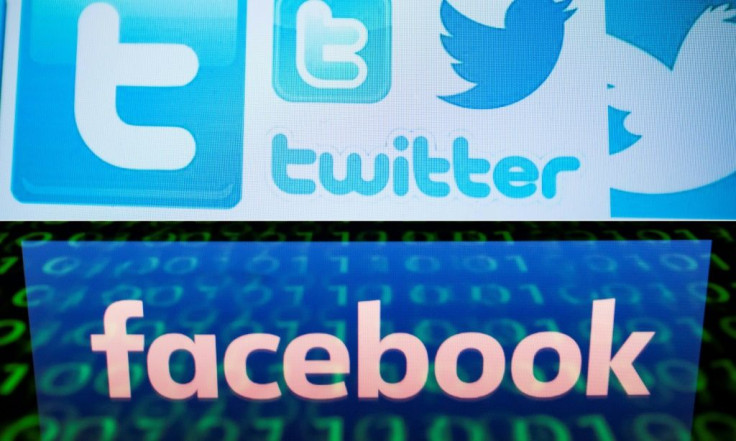Facebook, Google, And Twitter CEOs Subpoenaed By Congress; Here’s What They’ll Face
Congress is letting up on its pursuit of Big Tech’s potential misdeeds. On Thursday, the Senate Commerce Committee voted unanimously to subpoena Facebook’s Mark Zuckerberg, Google’s Sundar Pichai, and Twitter’s Jack Dorsey for questioning about their companies’ liability under Section 230 of the Communications Decency Act. A date has yet to be set for when these company heads will be expected to appear for questioning.
Passed in 1996, Section 230 prevents online services and platforms from being treated like content publishers and has largely protected them from liability when people use them to do something illegal. “Good Samaritan” content moderation by such platforms is also protected under Section 230, allowing platforms to remove certain content as long as it is acting without bias in good faith.
Despite the unanimous vote, Republicans and Democrats have approached the issue with different concerns, summed up well by the stances of the current presidential candidates. According to Politico, President Donald Trump has called for the “Good Samaritan” protections to be dialed back, so that tech companies can be taken to task for a perceived, if mostly anecdotal, bias against conservatives. Joe Biden, meanwhile, has expressed concern over these companies staying protected while failing to stem the flow of misinformation.
“It should speak volumes that every member of our committee just voted to issue these subpoenas,” committee member Sen. Ted Cruz (R-Tex.) said about the vote.
Perceived bias and misinformation are only a few of the issues raised by Congress in dealing with Big Tech companies. Earlier in the summer, CEOs from Facebook, Google, Apple, and Amazon were called before another committee to be grilled on allegations of monopolistic and anti-competitive behaviors. Even there, Republican committee members attempted to steer the conversation towards anti-conservative biases.

© Copyright IBTimes 2025. All rights reserved.


















